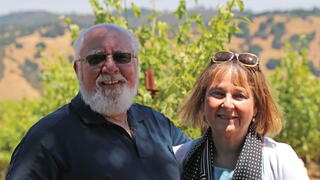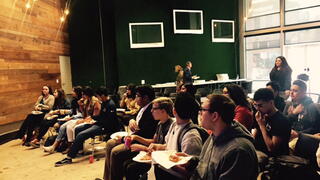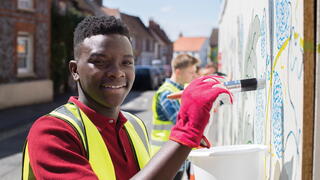
Policy, program, and partnership ideas to support working families in your community.

ICMA supports members by also supporting their families [PM Magazine, August 2020]

A new resource for early childhood educators and parents to engage young children in the importance of local government.

Building a Community of Problem Solvers in San Antonio, Texas [PM Magazine, April 2020]

The San Antonio Food Bank's Approach to Helping Asylum Seekers Feel at Home [PM Magazine, January 2020]

The Ninth Circuit's decision leaves local governments with one less tool to deal with homelessness.

Using cultural assets for neighborhood revitalization and increased economic sustainability

(Part 1 of 3) A community rises to the challenge of welcoming more than 30,000 families from over a dozen other countries who traveled from the border.
